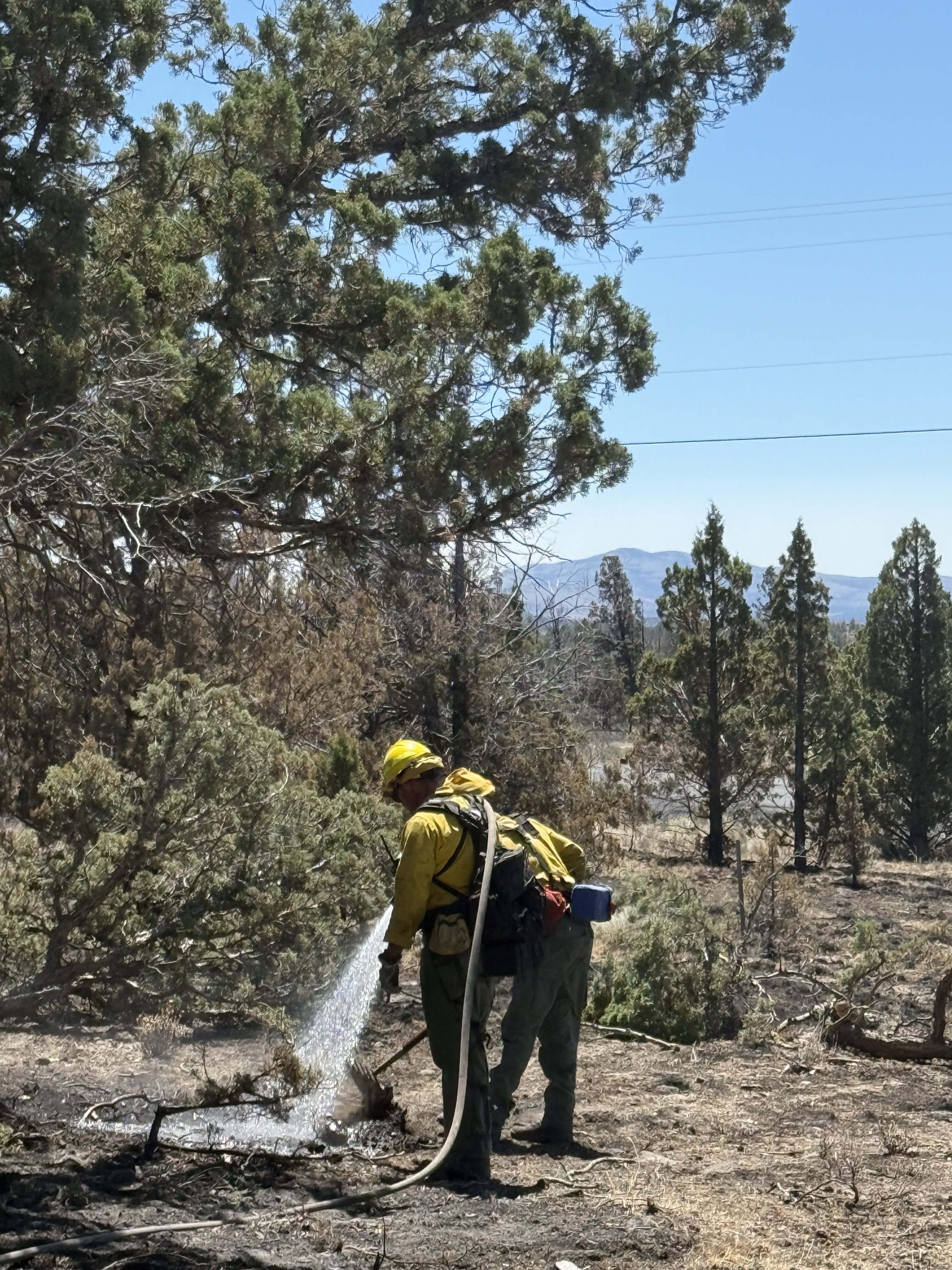Yodeling Slim Whitman often the object of humor
Published 5:00 am Thursday, June 20, 2013
In the 1996 movie comedy “Mars Attacks!” Slim Whitman’s yodeling, high-octave rendition of “Indian Love Call” causes the heads of the invading Martians to explode, saving Planet Earth.
Whitman, the country crooner with the weather-beaten face, velvet voice and sentimental lyrics, was often the object of humor, almost always good-natured. In the early 1980s a disc jockey offered Slim Whitman makeup kits “complete with receding hairline, furry black eyebrows and a cream to make your upper lip quiver.” In 1997 Rush Limbaugh whimsically suggested that when Whitman’s songs were played backward, the Devil’s voice could be heard. (It couldn’t.)
Trending
In 2003 Jim Nayder, who hosts “The Annoying Music Show!” on NPR, announced that he was giving Whitman a lifetime achievement award. A generation of late-night television hosts joked about him.
The reason for all this jocularity about Whitman — who died at 90 on Wednesday in Orange Park, Fla. — was his ordinary-guy, squeaky-clean sincerity in writing and singing songs that were, depending on one’s taste, inspiring love ballads aimed at middle-agers or pure cornball. But the bottom line is that Whitman could laugh all the way to the proverbial bank.
He recorded more than 500 songs, made more than 100 albums and sold more than 70 million records. In the 1970s his recording of “Rose Marie” was No. 1 on the British pop charts for 11 weeks, a feat the Beatles never accomplished. Michael Jackson named Whitman one of his 10 favorite vocalists. George Harrison credited him as an early influence. Paul McCartney said Whitman gave him the idea of playing the guitar left-handed.
Elvis Presley, in his first professional appearance in Memphis in 1954, opened for Whitman. Mistakenly billed as Ellis, he was paid $50; Whitman got $500. Whitman later let Presley borrow his trademark white rhinestone jacket.
Through an eclectic repertory that included Broadway show tunes, European folk music, religious songs, cowboy songs and, of course, love songs, Whitman said he strove to reach everyday people, to bring “the big songs down to the people’s size,” as he put it.
In 1952 he had his first hit song, “Love Song of the Waterfall,” which 25 years later became part of the soundtrack for “Close Encounters of the Third Kind.”








